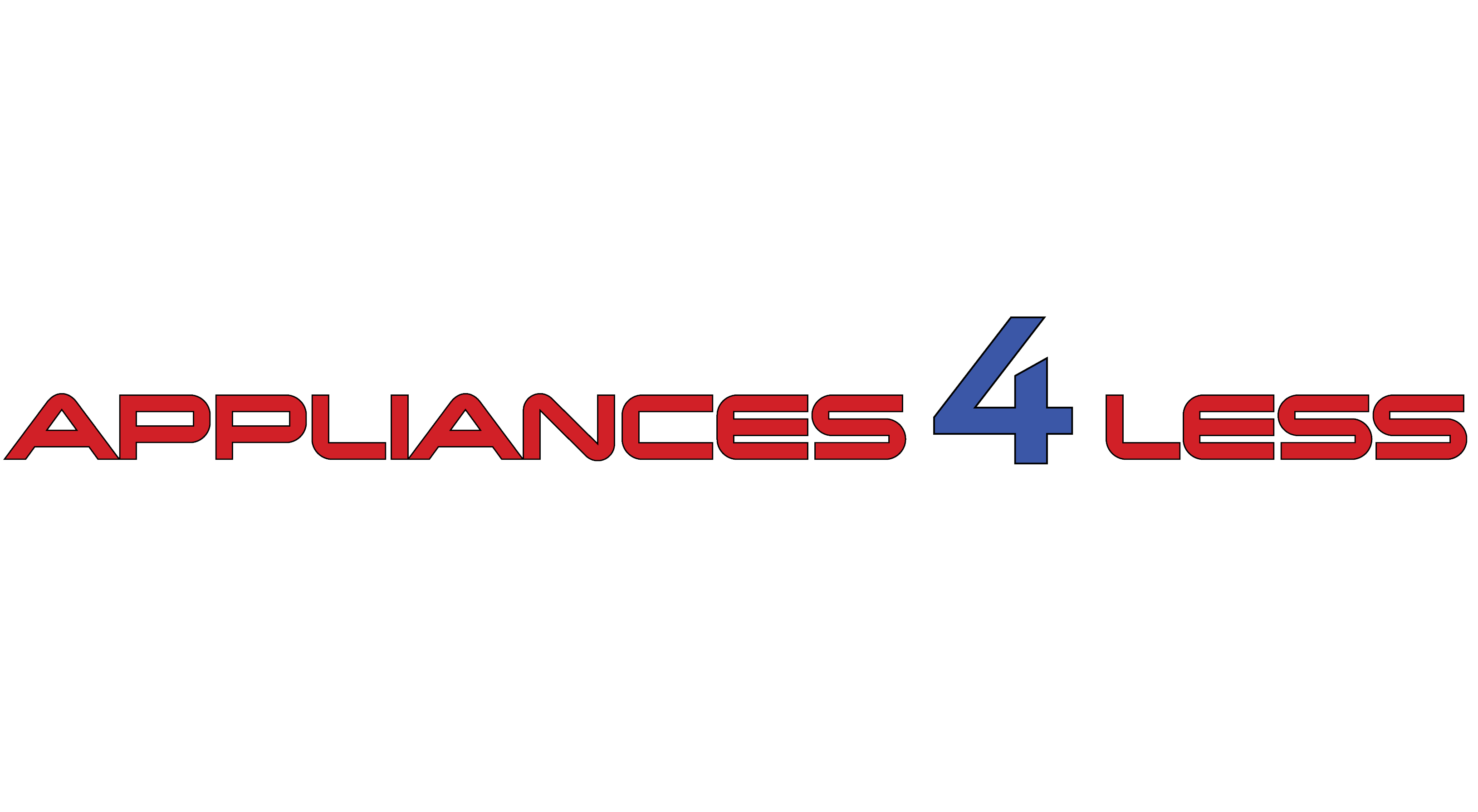Gas vs Electric Ranges Guide | Boise Appliance Tips
Gas vs Electric Ranges: Choosing What’s Best for Your Cooking Style
When it comes to cooking, the choice between gas and electric ranges can be pivotal. Both have their pros and cons, and the best option often depends on your specific cooking style and kitchen setup. At Appliances 4 Less Boise, we offer a wide selection of both gas and electric ranges that cater to various preferences and needs, including open box, scratch, and dented models. Here’s how to determine which might be the right choice for you, whether you’re in Boise or nearby cities like Meridian, Nampa, or Caldwell.

Benefits of Gas Ranges
- Controlled Heat: Gas ranges provide instant heat and more precise control over temperature. This is crucial for dishes that require specific heat adjustments, making gas ranges a favorite among chefs.
- Cooking Speed: Gas burners heat up and cool down more quickly than electric ones. This allows for faster cooking and boiling.
- Reliability: Gas stoves will continue to work even during a power outage, adding a level of reliability that electric ranges can’t match.
Drawbacks of Gas Ranges
- Installation: Gas ranges require a gas line, which can complicate installation if your kitchen isn’t already equipped with one.
- Maintenance: They may require more frequent cleaning as food particles and grease can accumulate in and around the burners.
Benefits of Electric Ranges
- Even Cooking: Electric ranges often provide more even heat distribution within the oven, which is ideal for baking and roasting.
- Sleek Design: Many electric ranges come with a smooth, flat cooktop, making them easier to clean and lending a modern look to the kitchen.
- Cost-Effective: Generally, electric ranges are less expensive to install, particularly if your home does not have an existing gas line.
Drawbacks of Electric Ranges
- Heat Adjustment: Electric stoves can be slower to heat up and adjust to changes in temperature settings, which might be challenging for recipes that require precise temperature control.
- Power Dependency: Unlike gas ranges, electric stoves will not operate during a power outage.
Which Should You Choose?
Consider the following when making your decision:
- Your Cooking Style: If you enjoy high-heat cooking techniques like searing and stir-frying, a gas range might be better. If you bake or roast frequently and prefer a more hands-off approach, consider an electric range.
- Kitchen Setup: Ensure your kitchen can accommodate your choice. Installing a gas line can be costly, so an electric range might be more practical if you don’t already have one.
- Budget: Initial costs for gas ranges are typically higher than electric due to installation requirements. However, gas is often cheaper than electricity, which could mean lower long-term costs.
Why Shop at Appliances 4 Less Boise?
At Appliances 4 Less Boise, our selection includes a variety of both gas and electric ranges. While our products are open box, scratch, and dented, they provide excellent functionality at a fraction of the cost of new models. Our knowledgeable staff can help guide you through the features of each model to find the best fit for your cooking style and kitchen needs.
Choosing between a gas and an electric range is a significant decision that depends on your individual cooking style, kitchen capabilities, and budget. Visit us at Appliances 4 Less Boise to explore your options and find the perfect range to enhance your culinary experience.
Visit our website: www.appliances4lessboise.com to learn more about our range options and get personalized assistance. (Note: Online shopping is not available.)
gas vs electric ranges, Boise, cooking style, Appliances 4 Less Boise, Gas

